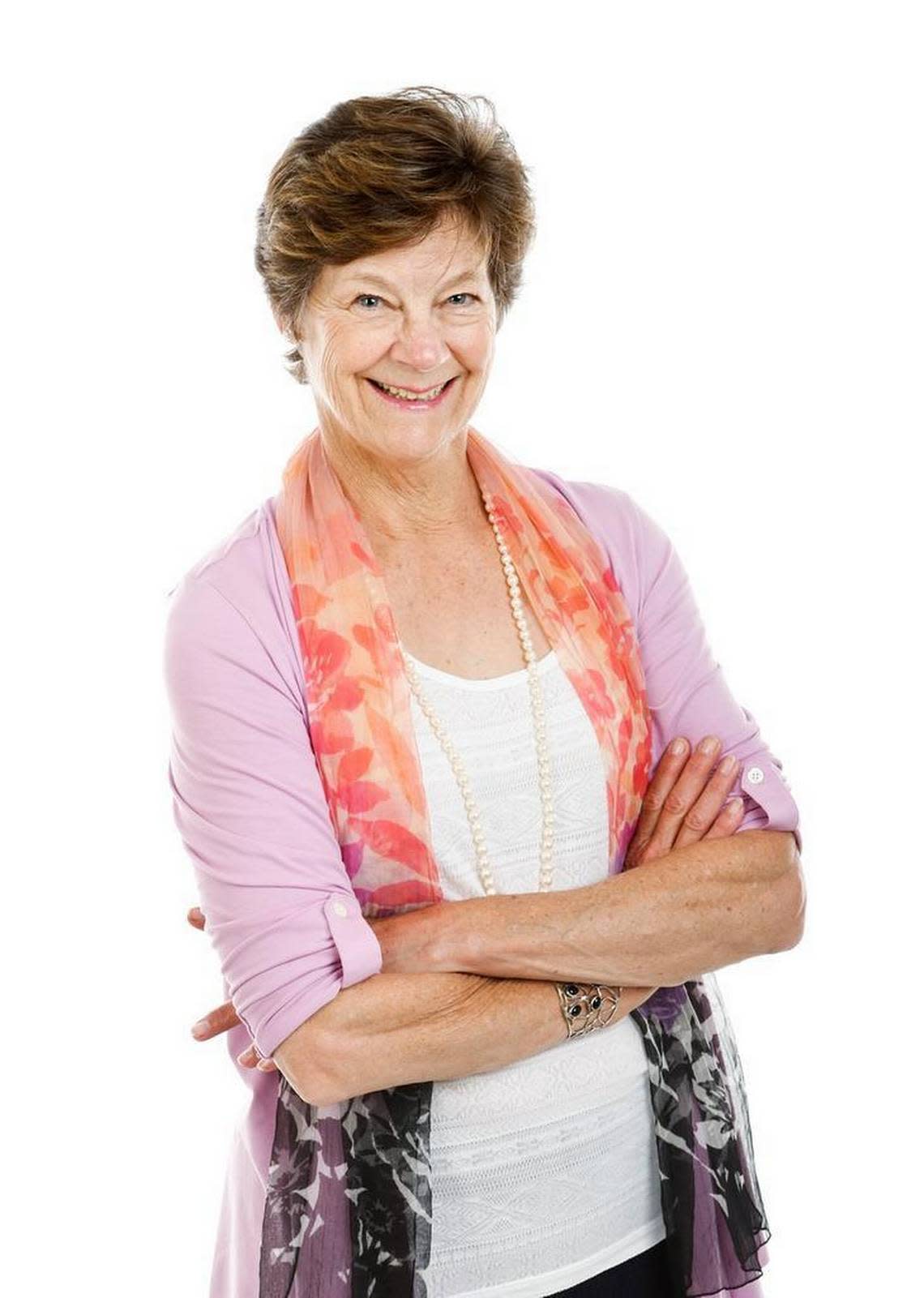Senior women are more than just grandmas — and it’s time Hollywood, the media took notice

E. Jean Carroll, you are my new hero.
Not only did you stand up to the worst form of bullying while steadfastly declaring your truth, but you declared to the world, “I have value. My character and opinions matter. I will not allow myself to be discounted.”
These last statements speak volumes to millions of older women who have been disparaged nearly every day of their senior adult lives.
The condescension is ingrained in our language and culture.
Growing up, I heard the term “50-year-old woman” used as an insulting description of a female who was worthless, helpless and in need of sympathy and care. Intriguingly, when I reached that age and my children were grown and out of the house, I experienced a newfound energy and was exhilarated by my freedom and by the possibilities that lay ahead.
The media regularly refers to older women as grandmothers — “The victim was a 63-year-old grandmother …” — as if grandmother were the only appropriate descriptor for a woman after a certain age.
The bias translates into behavior, and we treat older women as unimportant.
A dear friend of mine who has beautiful white hair once told me, “When you are gray you are invisible. If you are standing in a line, you will be completely ignored.”
And certainly Hollywood has a long history of overlooking older women in their movies. In a 2019 study analyzing the industry’s top grossing films, no women over 50 were cast in leading roles and, when older women did appear on screen, they were portrayed as stubborn, unattractive, grumpy or unfashionable.
But what I find so interesting is that none of the senior women I know fit those stereotypes. Rather my friends and I are active, engaged, curious and creative. Together we’ve started YouTube channels, traveled to the Antarctic, taken up tai chi or formed hiking groups. We volunteer to count ballots in recall elections, shelve books at the local library and serve as greeters at the hospital.
Plus, we do this while helping care for grandchildren or tending to ailing family members.
Instead of feeling useless, my contemporaries and I cherish the hard-fought wisdom we can share. We may no longer have flawless skin. But each crease and liver spot is a page in our personal stories, one that reveals experience, knowledge and humanity unavailable to those under a certain age.
We’re also aware that we serve as role models for younger women. We’re examples of older females embracing life at every decade, women who don’t spend time mourning their lost youth but who are eager to meet the challenges we face today.
Of course, these benefits don’t come without a price tag. We’re aging alongside our masculine counterparts, so our joints ache. Some of us are dealing with health problems. We may not have the energy we had a while back.
Still, as E. Jean Carroll so aptly demonstrated, we are far from finished. We have lots to fight for. And I say, bring it on!


